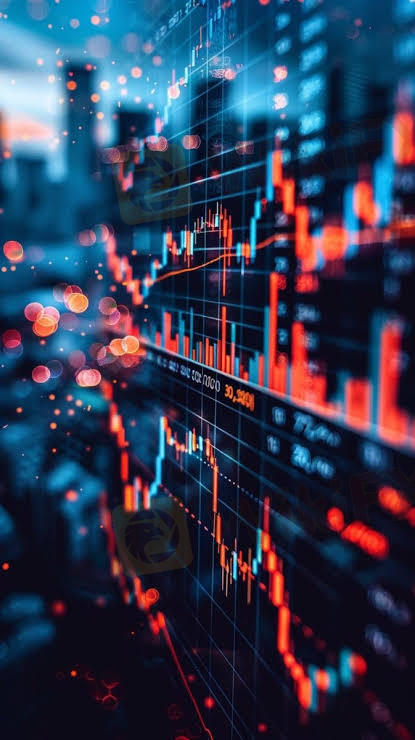
2025-06-27 08:56
IndustryVolatility and How It Shapes Forex Trading Outcome
Volatility and How It Shapes Forex Trading Outcomes
Volatility in the forex market refers to the degree of variation in currency price movements over time. It’s a core element of forex trading, creating both opportunities and risks. High volatility can mean larger price swings, which appeal to traders seeking quick profits, while low volatility often reflects stable, slower markets.
Several factors influence volatility, including economic news releases (like Non-Farm Payrolls or interest rate decisions), geopolitical events, and unexpected market sentiment shifts. For example, central bank announcements from the Federal Reserve or European Central Bank often trigger sharp movements in major currency pairs.
Traders should adapt their strategies to suit the level of volatility. During high volatility, short-term traders might find more entry points, but the risk of getting stopped out increases. Using wider stop-losses, adjusting position sizes, and trading during known news windows are ways to mitigate these risks.
Ultimately, understanding and anticipating volatility gives traders an edge in timing entries, exits, and risk exposure.
#CommunityAMA
Like 0
zulkilfi
Trader
Hot content
Industry
Event-A comment a day,Keep rewards worthy up to$27
Industry
Nigeria Event Giveaway-Win₦5000 Mobilephone Credit
Industry
Nigeria Event Giveaway-Win ₦2500 MobilePhoneCredit
Industry
South Africa Event-Come&Win 240ZAR Phone Credit
Industry
Nigeria Event-Discuss Forex&Win2500NGN PhoneCredit
Industry
[Nigeria Event]Discuss&win 2500 Naira Phone Credit
Forum category

Platform

Exhibition

Agent

Recruitment

EA

Industry

Market

Index
Volatility and How It Shapes Forex Trading Outcome
 Malaysia | 2025-06-27 08:56
Malaysia | 2025-06-27 08:56Volatility and How It Shapes Forex Trading Outcomes
Volatility in the forex market refers to the degree of variation in currency price movements over time. It’s a core element of forex trading, creating both opportunities and risks. High volatility can mean larger price swings, which appeal to traders seeking quick profits, while low volatility often reflects stable, slower markets.
Several factors influence volatility, including economic news releases (like Non-Farm Payrolls or interest rate decisions), geopolitical events, and unexpected market sentiment shifts. For example, central bank announcements from the Federal Reserve or European Central Bank often trigger sharp movements in major currency pairs.
Traders should adapt their strategies to suit the level of volatility. During high volatility, short-term traders might find more entry points, but the risk of getting stopped out increases. Using wider stop-losses, adjusting position sizes, and trading during known news windows are ways to mitigate these risks.
Ultimately, understanding and anticipating volatility gives traders an edge in timing entries, exits, and risk exposure.
#CommunityAMA
Like 0
I want to comment, too
Submit
0Comments

There is no comment yet. Make the first one.

Submit
There is no comment yet. Make the first one.